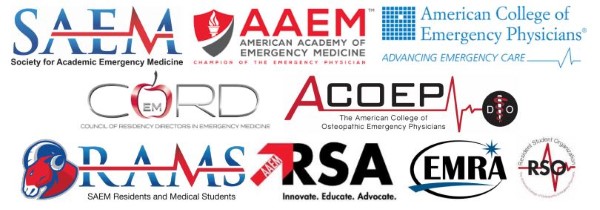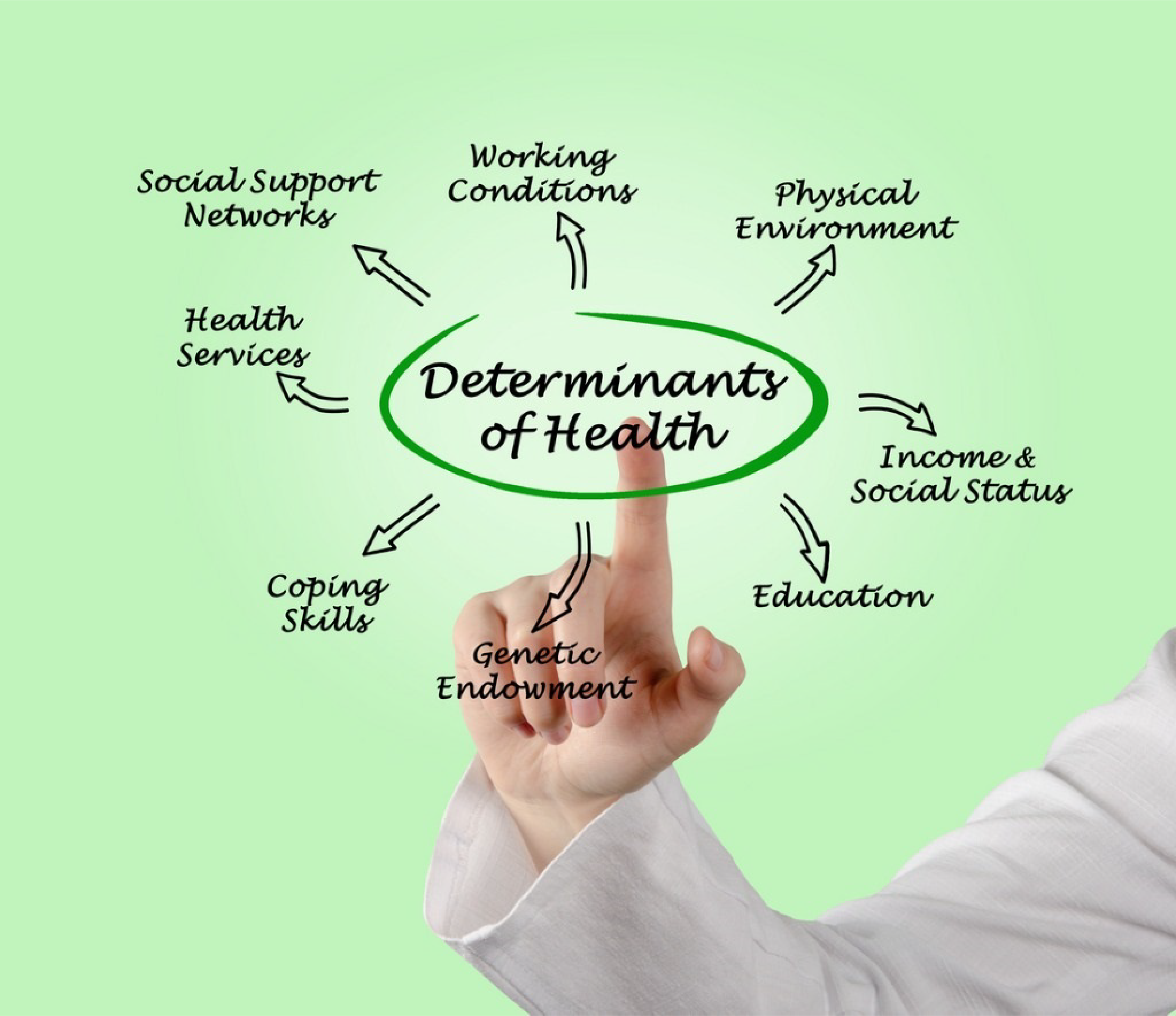AN EMERGENCY MEDICINE ORGANIZATION JOINT LETTER OF SOLIDARITY

Solidarity of Purpose
To our fellow citizens, friends, and families,
We are faced today with a health care crisis the likes of which we’ve never before encountered. This rapidly
spreading pandemic will require everyone to do their part to slow and eventually stop its spread. Everything turns
on our willingness to work together toward this solidarity of purpose: To confront COVID-19, mitigate this
pandemic, and minimize the loss of life.
What You Can Do
Commit to practicing social distancing.
Social distancing is the only way to “flatten” the epidemic curve, and it will literally save lives. Your risk may be low,
but others are counting on you — your elderly parents and grandparents, friends and neighbors with chronic
illnesses, colleagues, and fellow healthcare workers. The fewer infected people there are, the safer everyone will be.
Know when to seek medical attention and when to stay put.
If you’re feeling sick, per Centers for Disease Control and Prevention (CDC) guidelines, stay home, and call your
primary care physician first. Do not just show up at your doctor’s office. This virus is highly contagious, and when
you just show up, health care workers and other patients will potentially be exposed to this infection.
Your doctor will ask you questions about your symptoms, where you’ve been, and who you’ve been with — all basic
information that will help your doctor assess how at-risk you are for COVID-19.
If COVID-19 infection is suspected, but your symptoms are mild, and you are not at high risk—as will be the case
with most — you’ll be advised to self-quarantine at home. If you are advised to self-quarantine and there are others
in your home, here’s what you will need to do:
- Stay in one room or one section of your home;
- use a separate bathroom, if possible;
- wear a face mask;
- cover coughs and sneezes with the inside of your elbow — not your hand;
- wash your hands often with soap and water, for at least 20 seconds;
- avoid sharing personal items like eating utensils, dishware, towels, or bedding; and
- clean surfaces such as doorknobs/door handles, countertops, toilets, phones, keyboards, and other surfaces
frequently.
If you have a high fever with cough and/or severe respiratory symptoms (e.g., not being able to finish a sentence
without taking a breath, etc.), you will likely be advised to go to a nearby emergency department (ED).
If you go to an emergency department, expect delays and restrictions. Please be patient.
Visiting an emergency department during a pandemic is not like visiting an ED during normal times. There will be
restrictions in place to protect the health of other patients, physicians, nurses, other medical staff, and the general
public. As an example, to prevent further spread of the infection, you will likely not be allowed any visitors while
getting care in an emergency department during this crisis. Additionally, if symptoms warrant, you may be placed in
an isolation room while receiving care in an emergency department.
Entryways will be restricted. Your first stop may be to a tent or other temporary structure outside the emergency
department. Temporary structures, like tents, will allow emergency departments to care for more patients as
needed as well as to keep patients who are potentially infected with COVID-19 separated from other patients to
reduce the spread of the disease.
You will be screened. You may be given a mask to wear when entering an emergency department. Staff will ask you
guideline questions from the CDC. Examples of these screening questions include: Do you have a fever, cough, or
trouble breathing? Have you been around anyone diagnosed with the COVID-19 infection?
You may or may not be tested. Because COVID-19 tests are limited, many emergency departments will only test
patients who need admission to the hospital for additional care. This means that patients with mild symptoms, who
can safely recover at home, will likely not be tested for COVID-19 infection. If you are tested for COVID-19 infection,
a health care provider will swab your nose and throat and send the specimen to a laboratory. Results for the COVID19 test usually arrive 24–48 hours after collection of the specimen.
If you have no or mild symptoms…
Fortunately, most people who have COVID-19 infection will have no or mild symptoms. If you report to an
emergency department with mild symptoms, you will likely be returned home with instructions for self-care (e.g.,
hydration, pain and fever control, etc.) and isolation (i.e., self-quarantine) from others for a specified period of time
to prevent the spread of the infection.
We represent the emergency physicians around the country who stand ready to care and fight for you during this
pandemic crisis and every day. We appreciate your support of us, too.
Ian B. K. Martin, MD, MBA
President, Society for Academic Emergency Medicine
David Farcy, MD
President, American Academy of Emergency Medicine
William P. Jaquis, MD
President, American College of Emergency Physicians
Fiona Gallahue, MD
President, Council of Emergency Medicine Residency Directors
Robert Suter, DO, MHA
President, American College of Osteopathic Emergency Physicians
Nehal Naik, MD
President, Resident and Medical Students, Society for Academic Emergency Medicine
Haig Aintablian, MD
President, American Academy of Emergency Medicine Resident and Student Association
Hannah R. Hughes, MD, MBA
President, Emergency Medicine Residents Association
Christina Hornack, DO
President, ACOEP Resident Student Organization
Approved 3/24/2020
Related Content

Aug 25, 2017
Your Home
The Emergency Medicine Residents' Association EMRA is the voice of emergency medicine physicians-in-training and the future of our specialty and the largest and oldest independent resident organization in the world. EMRA was founded in 1974 and today has a membership over 18,000 residents, medical students, and alumni.


Jan 17, 2024
Optimism vs. Realism — Let’s Call it a Tie
As the voice of emergency medicine physicians-in-training and the future of our specialty, EMRA continues to believe that the future of EM is bright while remaining committed to facing reality and addressing our headwinds. I invite you all to join us in this Stockdale Paradox-esque approach.




